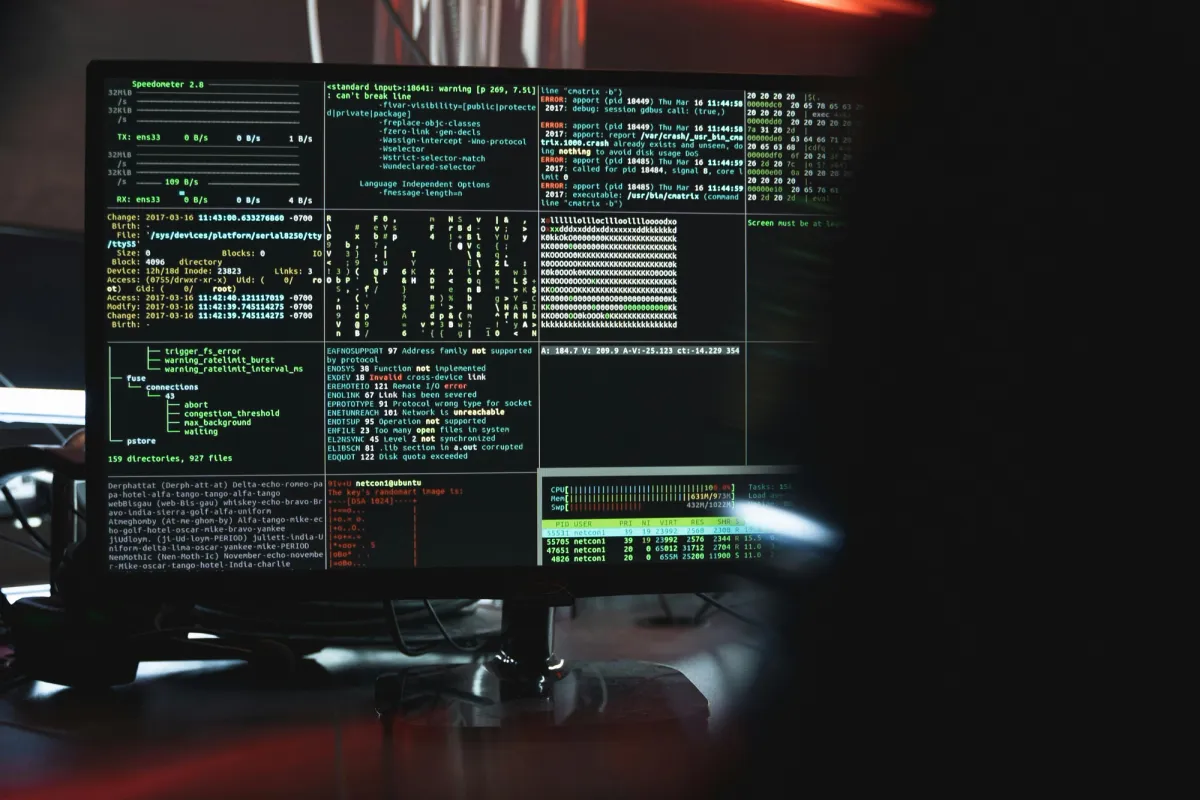Digital Signatures During Cyberattacks: The Backup Plan That Works

Digital Signatures During Cyberattacks: The Backup Plan That Works
Cyberattacks have become everyday reality for businesses. When ransomware hits and locks all internal systems, business stops. Or does it? Not if your contract processes run in the cloud, completely independent of your compromised infrastructure.
In an era where cyberattacks aren't a question of "if" but "when," your digital signature solution can be the difference between temporary disruption and total business paralysis.
When Core Systems Fall
A typical ransomware attack cripples:
- Email servers
- File servers
- CRM systems
- ERP platforms
- Internal communication
But cloud-based signature solutions like ePact operate independently of your local infrastructure. When everything else burns, you can still:
- Send contracts for signature
- Receive signed documents
- Access historical archives
- Continue business-critical processes
Isolation as Defense
The major advantage of modern digital signature platforms is architectural isolation:
Separate authentication: MitID and platform login are independent of company Active Directory.
External hosting: Documents reside with the provider, not on your compromised servers.
Independent access: Employees can access the system from any device, any location.
Automatic backup: All documents are backed up in real-time, without your IT department's involvement.
Practical Crisis Management
During a cyberattack, these features are critical:
Document access points: Ensure key employees can log in without company network.
Alternative devices: Test that platform works from personal computers and mobiles.
Backup communication channels: If email is down, how do you send links? SMS? WhatsApp? LinkedIn?
Priority list: Which document types are most critical during crisis?
Security Without Vulnerability
"But aren't cloud solutions more vulnerable?" Actually the opposite:
Professional security: Cloud providers' servers typically have better protection than most company IT.
Constant updates: Security patches implemented continuously, not when your IT has time.
Geographic redundancy: Data in multiple locations. One datacenter down? Automatic failover.
Specialized expertise: Cybersecurity is provider's core competency, not a side task.
Recovery Phase
After attack, when systems are restored, digital signatures become your best friend:
Complete documentation: Everything safe in cloud, ready for re-download.
Audit trail intact: Proof of who signed what when - critical for compliance.
No restoration needed: Unlike local files, cloud documents don't need restores.
Business continuity proof: Show investors and partners you could continue despite attack.
Implement Before Crisis
Worst time to implement backup solutions? During an attack. Start now:
- Choose cloud-based platform
- Train employees in alternative access
- Test monthly "what if" scenarios
- Document processes for crisis situations
Strategic Insurance
In a world where ransomware attacks increase exponentially, the question isn't if you'll be hit, but whether you can continue when it happens.
Digital signatures aren't just an efficiency exercise. They're your business life insurance. Cloud-based solutions provide resilience when you need it most.
Investment in digital infrastructure is no longer just about efficiency - it's about survival.
